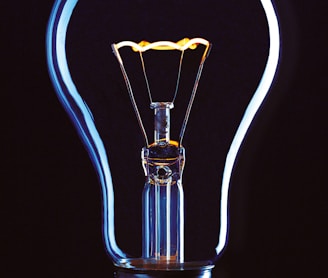Cut the Leccie Bill
Check the bulbs you have installed in all your light fittings. By replacing older incandescent light bulbs with LEDs, you can reduce electricity used on lighting by up to 90%! Plus, LEDs can last up to 25 times longer than traditional bulbs.
To make sure you’re making the most of the electricity you use when washing dishes and cleaning clothes, hold off running your dishwasher or washing machine until you have a full load.
Household appliances use a lot of electricity to heat water or air. To avoid unnecessary electricity consumption, air dry your clothes after washing where possible rather than using a tumble drier.
By using your appliances outside of peak times (5-7pm) you can avoid using high-demand electricity and increase the likelihood of powering your appliances with electricity from renewable sources (i.e., wind and solar).
All modern appliances have an energy rating that tells you exactly how much electricity you can expect them to use. If you’re looking to purchase a new device, consider this when deciding what to buy as more efficient devices use less electricity over their lifespan.
Wash at 30C, A washing machine uses up to 90% of its electricity just heating water to soak your clothes. By washing on a cooler temperature, you can reduce electricity consumption and stop your clothes from shrinking or fading in the wash. Most modern detergents can easily handle stains at cooler temperatures anyway, so look to wash at 30 degrees or lower if you can.


Contact
moneymattersdonegal@outlook.com
Aidan Kelly
